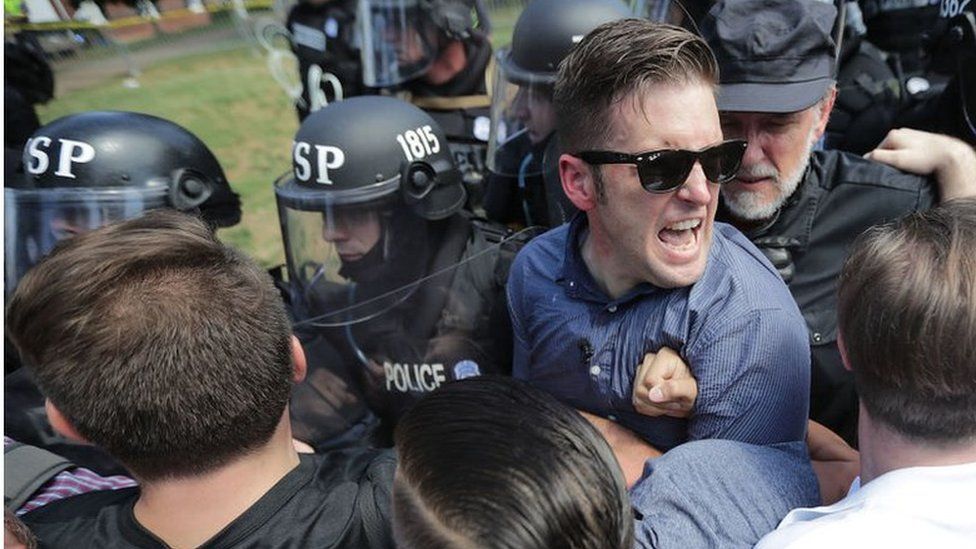Italy's antitrust authority fines Apple, Amazon $230 million

Apple's new iPhone 13 series are displayed in a store. Apple plans to appeal the Italian Competition Authority's decision to fine the company. File photo | License Photo
Nov. 23 (UPI) -- Italy's antitrust authority fined Apple and Amazon $230 million on Tuesday after finding that Amazon resold Apple and Apple-owned Beats kits and blocked other resellers.
The antitrust authority said that a restrictive agreement in 2018 between the two companies resulted in lower levels of discounts available to consumers buying Apple and Beats products on Amazon's Italian site.
The agreement effectively prohibited official and unofficial resellers of Apple and Beats products from using Amazon.
Amazon was hit with a $151 million fine while Apple has been ordered to pay $77.3 million by the Italian Competition Authority.
"The restrictions of the agreement have affected the level of discounts offered by third parties on Amazon.it, decreasing their size," the authority said, according to TechCrunch.
Competition authorities in Spain and Germany have launched similar proceedings. Spain opened an investigation against Apple and Amazon in the summer, and Germany has opened proceedings examining the market power of tech giants.
Amazon told TechCrunch that it would appeal the decision, stating that it strongly disagreed with the ICA. A statement given to TechCrunch said that Italian customers could benefit from finding the latest Apple and Beats products at better deals with faster shipping. Amazon has argued that the agreement helps consumers and that sellers have other platforms to conduct business both on and offline.
Apple will also appeal, citing the integrity of products provided to its customer.
"Non-genuine products deliver an inferior experience and can often be dangerous," Apple wrote to TechCrunch. "We respect the Italian Competition Authority but believe we have done nothing wrong and plan to appeal."







